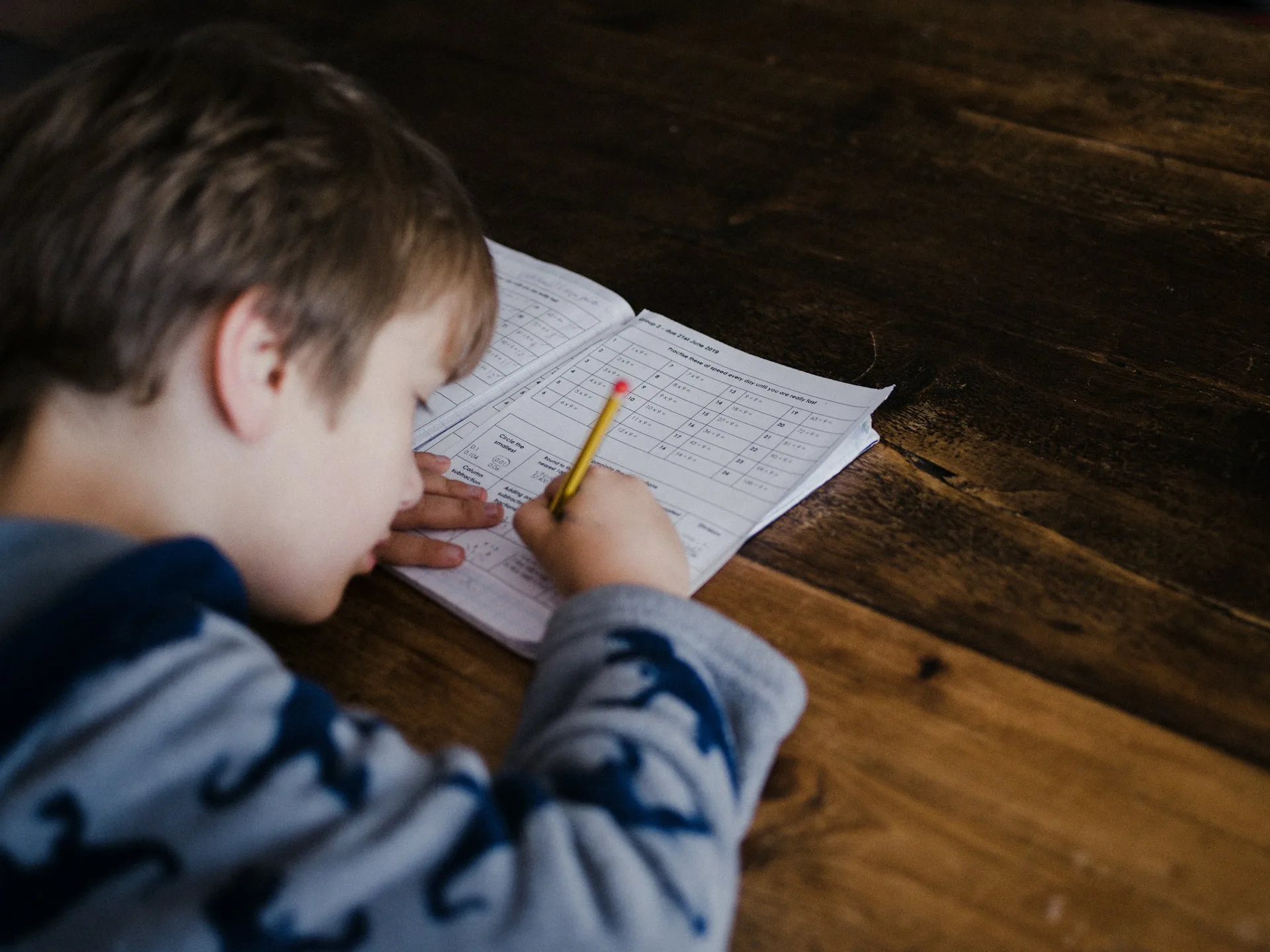As of January 2025, more than 355,000 Ukrainian children living abroad combine education in two educational systems: remotely in Ukrainian schools and full-time in educational institutions of the host country. This data was released by the Ministry of Education and Science of Ukraine in response to a request from the New Ukrainian School media outlet.
Read also: New school buses for children with special needs
One of the hot topics in this context was the tightening of requirements for learning Polish for Ukrainian students in Poland. Poland’s Deputy Minister of Education, Joanna Mucha, stated the need to increase the level of Polish language proficiency among children attending local schools. In response, the Ministry of Education and Science of Ukraine expressed gratitude to the Polish side for the support of Ukrainian citizens and stressed the importance of bilateral dialogue on educational issues.
The Ukrainian Ministry of Education recognises that knowledge of the language of the country of residence is important for quality education and social integration of children. At the same time, the ministry stresses the need to take into account the special circumstances in which Ukrainian children find themselves because of the war. The Ukrainian side hopes that changes in Polish curricula will take into account the children’s ability to maintain contact with their native language and culture, and will facilitate their subsequent return to Ukraine.
Read also: Opening of the new premises of the International Ukrainian School in Vilnius
Due to the significant workload created by studying in two educational systems, the Ministry of Education and Science of Ukraine has introduced a Ukrainian studies component for Ukrainian students abroad. It involves distance learning of the Ukrainian language, literature, history, basics of law and geography. Grades in other subjects in foreign schools can be re-calculated according to a scale developed by the Ministry of Education and Science.
The role of the International Ukrainian School (IUS) has also increased, as it has expanded its capacity and now has almost 9,000 students. IUS graduates who study externally receive Ukrainian educational documents, which allows them to continue their studies at domestic higher and vocational education institutions.
Read also: The right to education in times of war: what challenges does the state face?



